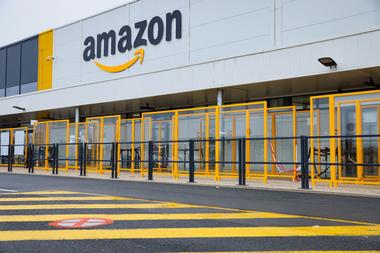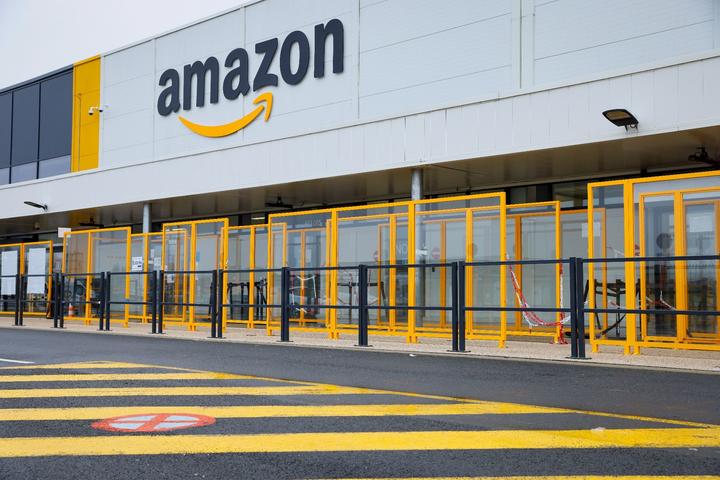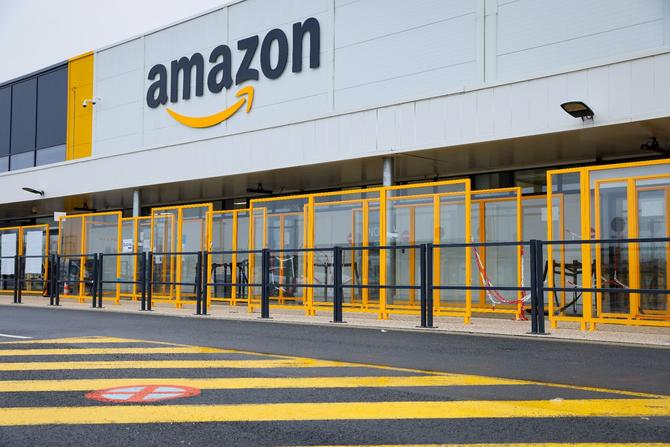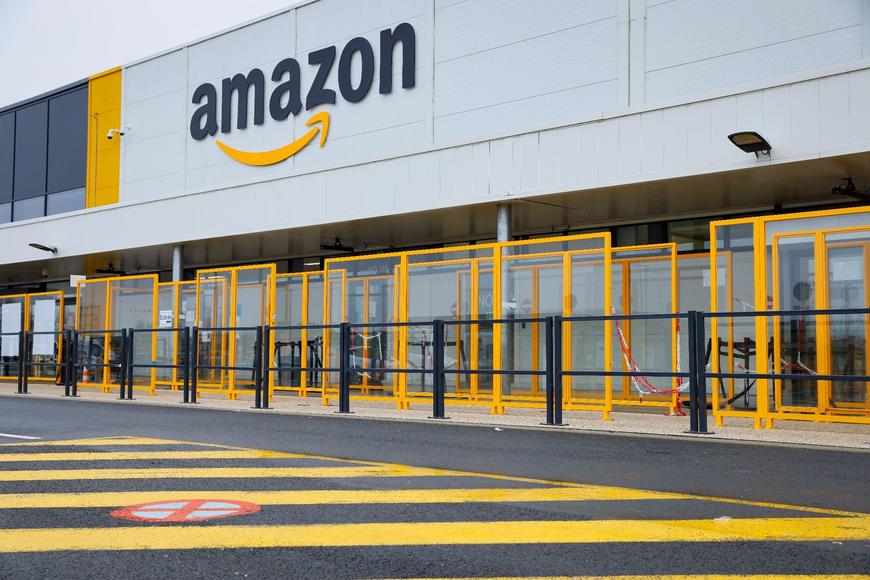



Amazon, founded by Jeff Bezos in 1994, has grown to become one of the most influential and successful companies in the world. Initially started as an online marketplace for books, Amazon has expanded its operations and diversified its offerings to become a technology powerhouse. This discussion delves into the principles underlying Amazon's success, outlines its wide range of activities, examines its future prospects, and analyzes its role in the global market.
Principles of Work:
Customer Obsession:
Amazon's primary principle is to be relentlessly focused on the customer. This customer-centric approach is reflected in their dedication to providing a seamless online shopping experience, personalized recommendations, and exceptional customer service. By continuously refining and enhancing the customer experience, Amazon has managed to build long-term loyalty and trust.
Innovation:
Amazon is renowned for its relentless pursuit of innovation. It has consistently introduced groundbreaking technologies and services, such as the Kindle e-reader, Amazon Prime, Amazon Web Services (AWS), and Echo devices with Alexa. By constantly pushing boundaries and investing in research and development, Amazon has stayed ahead of the competition and maintained its market leadership.
Operational Excellence:
Amazon's emphasis on operational efficiency has been a key driver of its success. The company has developed sophisticated logistics and supply chain systems, enabling it to offer fast and reliable delivery to customers worldwide. Investments in fulfillment centers, robotics, and advanced data analytics have optimized processes, reduced costs, and enhanced overall productivity.
Long-Term Thinking:
Amazon's long-term orientation sets it apart from many other companies. Instead of focusing solely on short-term profitability, Amazon prioritizes making bold investments and strategic decisions that lay the groundwork for future growth. This approach has allowed the company to pursue ambitious ventures, expand into new markets, and build a resilient business ecosystem.
Activities:
E-commerce:
Amazon's core business is its vast online retail platform, offering millions of products across various categories. It enables third-party sellers to reach a global audience through its marketplace model, providing them with tools and infrastructure to sell their products.
Amazon Prime:
Amazon Prime is a subscription-based service that offers a range of benefits, including fast and free shipping, access to streaming media content (Amazon Prime Video), unlimited cloud storage, and exclusive discounts. Prime membership has been instrumental in driving customer loyalty and increasing customer lifetime value.
Amazon Web Services (AWS):
AWS is Amazon's cloud computing platform, providing a broad range of scalable and cost-effective cloud services to businesses and individuals. It offers solutions for storage, computing power, databases, artificial intelligence, machine learning, and more. AWS has become a significant revenue generator for Amazon and a leading player in the cloud services market.
Digital Content and Services:
Amazon has ventured into the digital content industry with products like Kindle e-readers and Fire tablets. Through its digital marketplace, it offers e-books, audiobooks, music, movies, and TV shows. Additionally, Amazon has entered the gaming industry with its Twitch streaming platform and game development studios.
Whole Foods Market:
In 2017, Amazon acquired the high-end grocery chain, Whole Foods Market. This move allowed Amazon to expand its physical presence and leverage Whole Foods' brand reputation, while also integrating its online ordering and delivery services into the grocery sector.
Amazon Studios:
Amazon Studios produces and distributes original content, including movies and TV shows, through Amazon Prime Video. It has gained recognition for critically acclaimed series like "The Marvelous Mrs. Maisel" and "The Boys." By investing in content creation, Amazon aims to attract and retain subscribers to its Prime service.
Hardware and Smart Devices:
Amazon has introduced a range of hardware products, including Echo smart speakers, Fire TV streaming devices, Ring home security systems, and Kindle e-readers. These devices leverage voice-activated virtual assistant Alexa, allowing users to interact with technology through voice commands.
Advertising:
Amazon has developed a robust advertising business by leveraging its vast customer data and shopping behavior insights. It offers advertising solutions to brands and sellers, enabling them to reach a targeted audience on Amazon's platforms and beyond.
Reasons for Success:
Wide Product Selection and Competitive Pricing:
Amazon's extensive product catalog, coupled with competitive pricing, has attracted a massive customer base. By offering a one-stop-shop for diverse products and employing dynamic pricing strategies, Amazon has successfully captured market share across various industries.
Prime Membership Program:
The introduction of Amazon Prime has been a game-changer. By combining fast and free shipping with a comprehensive suite of additional benefits, Amazon has created a loyal customer base. Prime members tend to spend more and shop frequently on the platform, boosting Amazon's revenue and profitability.
Efficient Fulfillment and Logistics Network:
Amazon's sophisticated fulfillment and logistics infrastructure enables it to deliver products quickly and reliably. Investments in warehouses, distribution centers, and transportation systems have resulted in streamlined operations, reducing delivery times and enhancing customer satisfaction.
Data-Driven Decision Making:
Amazon's strong data analytics capabilities allow the company to understand customer behavior, preferences, and trends. By harnessing this data, Amazon can personalize recommendations, optimize inventory management, and offer targeted promotions, enhancing the overall customer experience.
Future Outlook:
Continued Expansion of Amazon Web Services (AWS):
AWS is expected to remain a dominant force in the cloud computing market. As more businesses migrate their operations to the cloud, AWS is well-positioned to capitalize on this trend and continue growing its customer base.
Focus on Emerging Technologies:
Amazon will likely invest further in emerging technologies such as artificial intelligence (AI), machine learning (ML), robotics, and automation. These technologies have the potential to optimize operations, enhance customer experience, and drive innovation across various business segments.
Expansion into Healthcare and Pharmacy Services:
Amazon's acquisition of PillPack, an online pharmacy, signifies its interest in the healthcare sector. The company may further explore opportunities in the healthcare industry, leveraging its e-commerce expertise, logistics capabilities, and technological prowess.
Increased Emphasis on Sustainability:
Given the growing focus on environmental sustainability, Amazon is expected to continue investing in renewable energy, energy-efficient technologies, and sustainable packaging solutions. The company has set ambitious goals to become net-zero carbon by 2040 and aims to lead the way in sustainable business practices.
Role in the Global Market:
Amazon's influence on the global market is undeniable. It has disrupted traditional retail models, transformed consumer behavior, and shaped e-commerce standards worldwide. As a leading e-commerce platform, Amazon provides opportunities for small businesses and entrepreneurs to reach a global audience, thereby driving economic growth and job creation.
Moreover, through AWS, Amazon has become a critical enabler of the digital transformation of businesses across various sectors globally. Its cloud computing services power countless websites, applications, and infrastructure, supporting innovation and facilitating scalable growth for organizations of all sizes.
Additionally, Amazon's global expansion efforts have led to job creation and investment in multiple countries. The company's presence and impact on local economies are significant, with the establishment of fulfillment centers, data centers, and other infrastructure supporting its operations.
Conclusion:
Amazon's success can be attributed to its relentless focus on customers, commitment to innovation, operational excellence, and long-term vision. With an extensive range of activities spanning e-commerce, cloud services, digital content, hardware, and more, Amazon has diversified its revenue streams and secured a prominent position in the global market. By staying at the forefront of technology, investing strategically, and adapting to evolving customer needs, Amazon is poised to shape the future of retail, technology, and beyond.